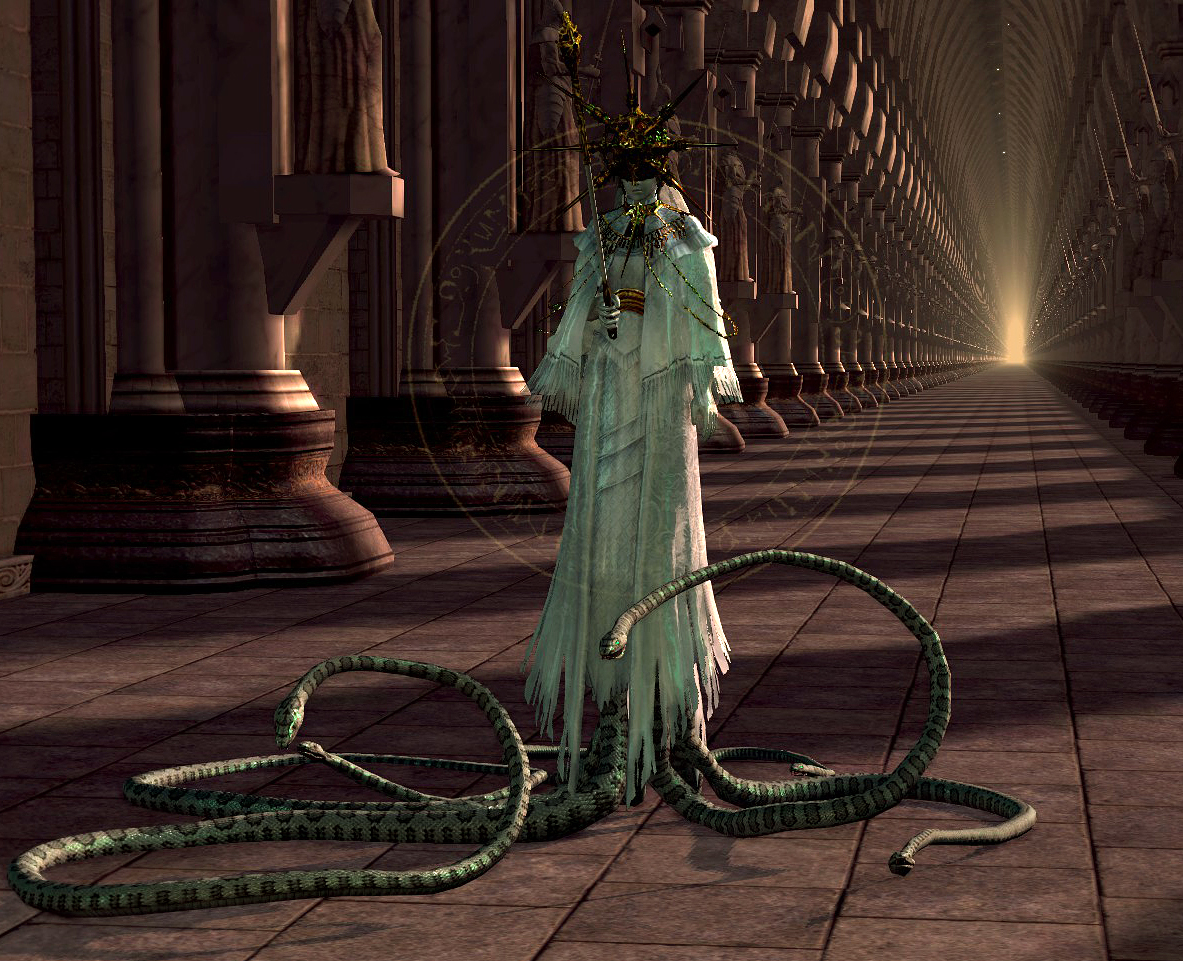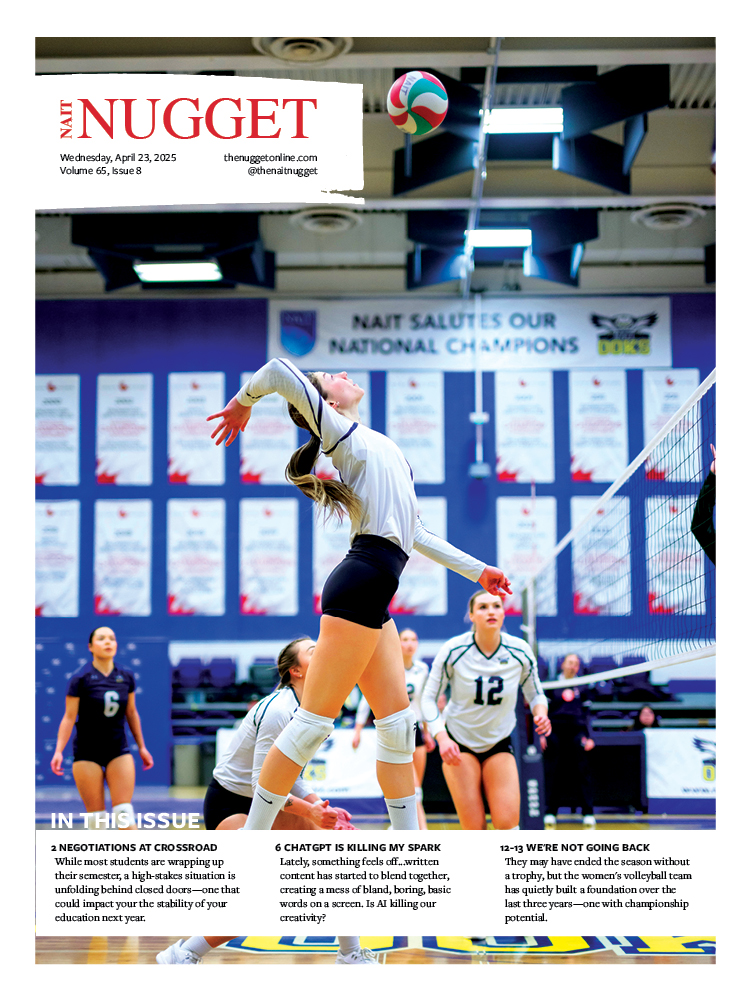By Almalexia
This isn’t going to come as a surprise to those who know me in my personal life, but I play a lot of video games. I mean, not an unhealthy amount, but if all of my work is done by 9 p.m., you bet I am on my couch, launching into my 23rd playthrough of Bioshock 2.
I’m also a transgender human being. I identify as non-binary, even though I prefer not to use labels when I have the chance. I use they/them pronouns, and have been taking hormones for over a year.
Being trans is something I am immensely proud of. I don’t talk about it much, but it gives me a sense of reality and identity I have never experienced before.
I’m also queer. I don’t know what word I would use to define my sexuality, but honey, there is no way in hell I’m straight.
So it might not come as a surprise that when I see accurate, appropriate representation of trans and queer folk in video games, it brings my heart a joy that is unlike much else.
Hades. It’s a place, it’s a person, it’s a video game! In Hades, you take the role of Zagreus, the prince of the underworld. Zagreus, a rebellious, immortal teenager, embarks on a “sneak-out-of-the-house style” trip out of the underworld to try and find the mother he’s never known.
What makes Hades brilliant in representation is in the dialogue. The Gods of Olympus, much like the Grecian people that created them, have always been famously pansexual, and Hades keeps the representation alive. The player can be in a polyamorous relationship. Achilles and Patroclus are eternal partners, and Chaos (the hottest character, let’s be honest) is non-binary.
I also love seeing video games with representation for disabled people.
In Spiderman: Miles Morales, the player slips into the tight spandex suit of Miles Morales, a Black Puerto Rican superhero. Miles and his mother speak Spanish to each other, but in a non-traditional dialect, hinting at how Miles’ parents are multilingual.
A supporting character in Spiderman named Hailey is deaf. She and Miles sign together seamlessly, without the almost obligatory “wow you’re DEAF? I know sign language so I’m a better superhero!” It’s just part of Miles’ and Hailey’s relationship, and according to Morgan Baker, a deaf accessibility consultant at Sony, the ASL represented in the game is accurate, slang and all.
Dark Souls is obtuse: lore comes directly from reading item descriptions on your own time, NPCs talk in riddles spoken in old English, and it was the first time in my life that I realized that you don’t need an identifiable gender to live a good life.
Dark Sun Gwyndolin is one of two children created by Gwyn, the big baddie of Dark Souls. Gwyndolin has a divine ring that enables them to perform “female actions” and is described as a “sullen, brooding goddess”. They have a masculine voice, yet wear feminine robes. It’s essentially everything I strive for in my own life, and some of the first virtual gender euphoria I’ve ever experienced.
Diversity and representation is one of many things that keeps me coming back to the world of gaming. It’s not that I directly seek it out, but when it shows up, I just get this warm, fuzzy feeling I can’t seem to get anywhere else. There are countless examples, and they all affect people in ways I can’t even describe, and I think that’s pretty stellar.






